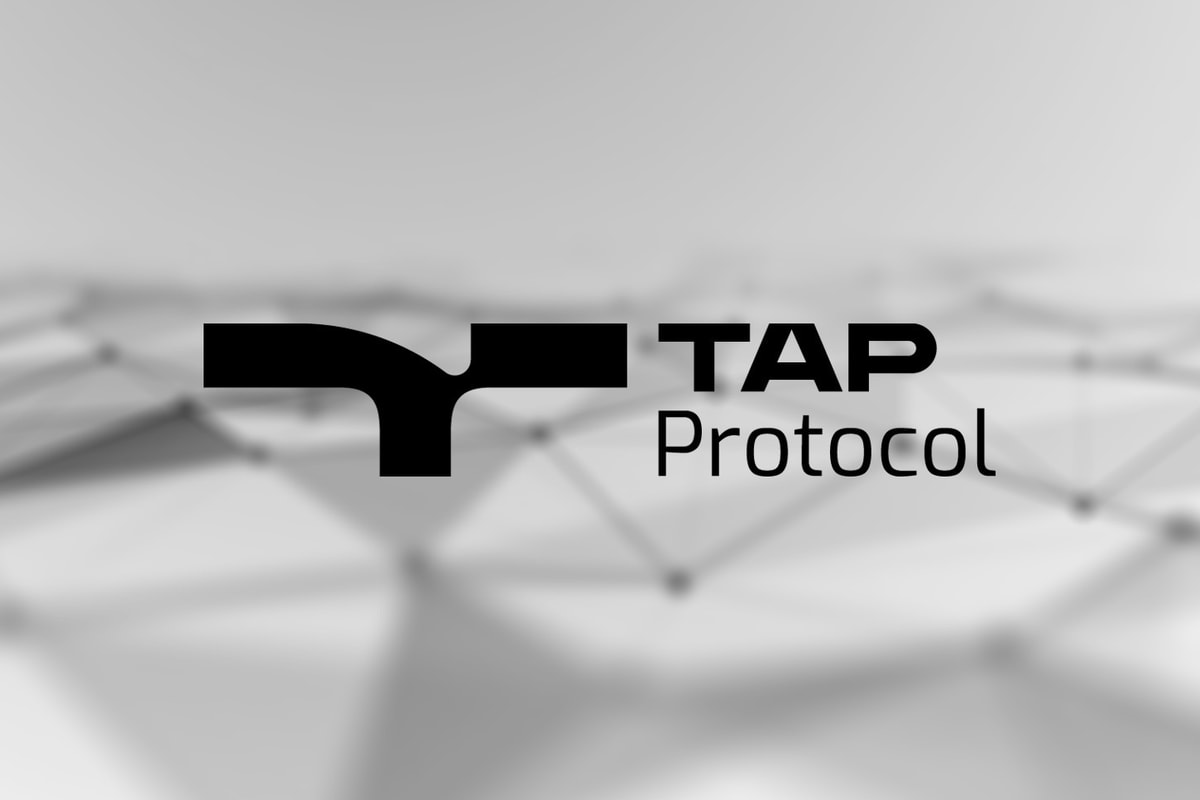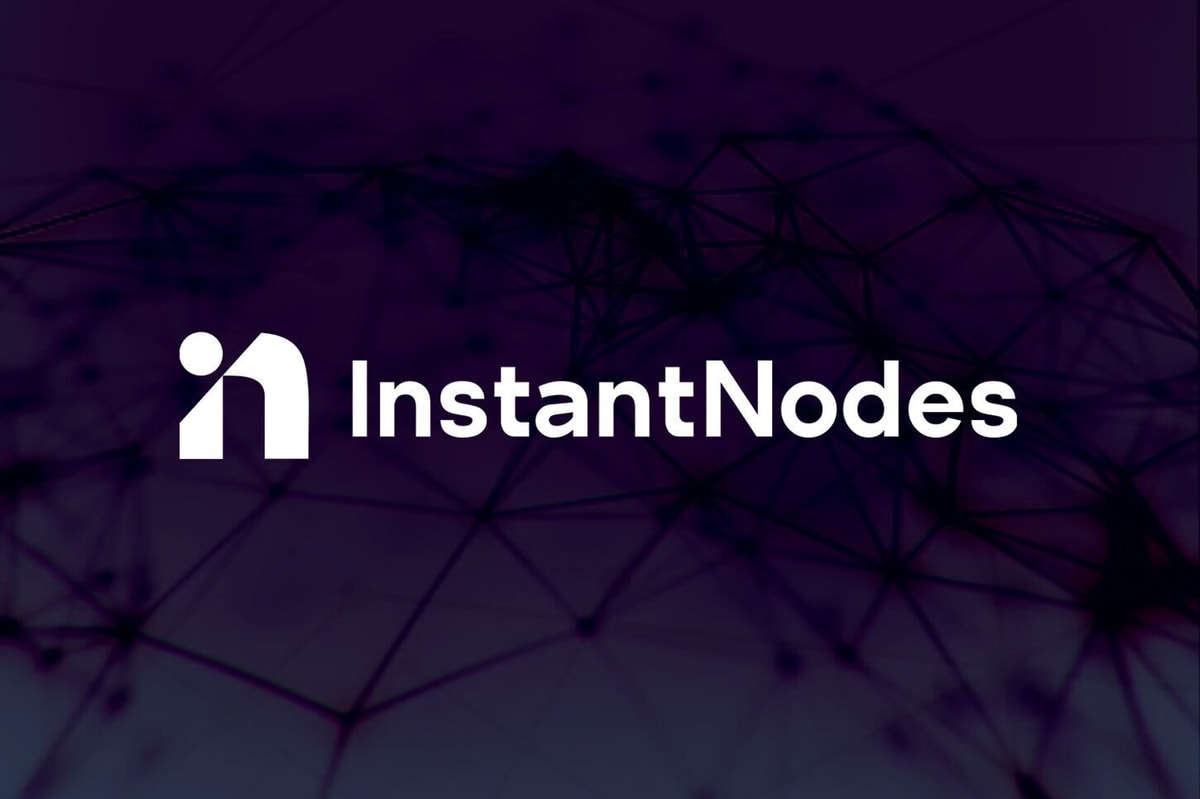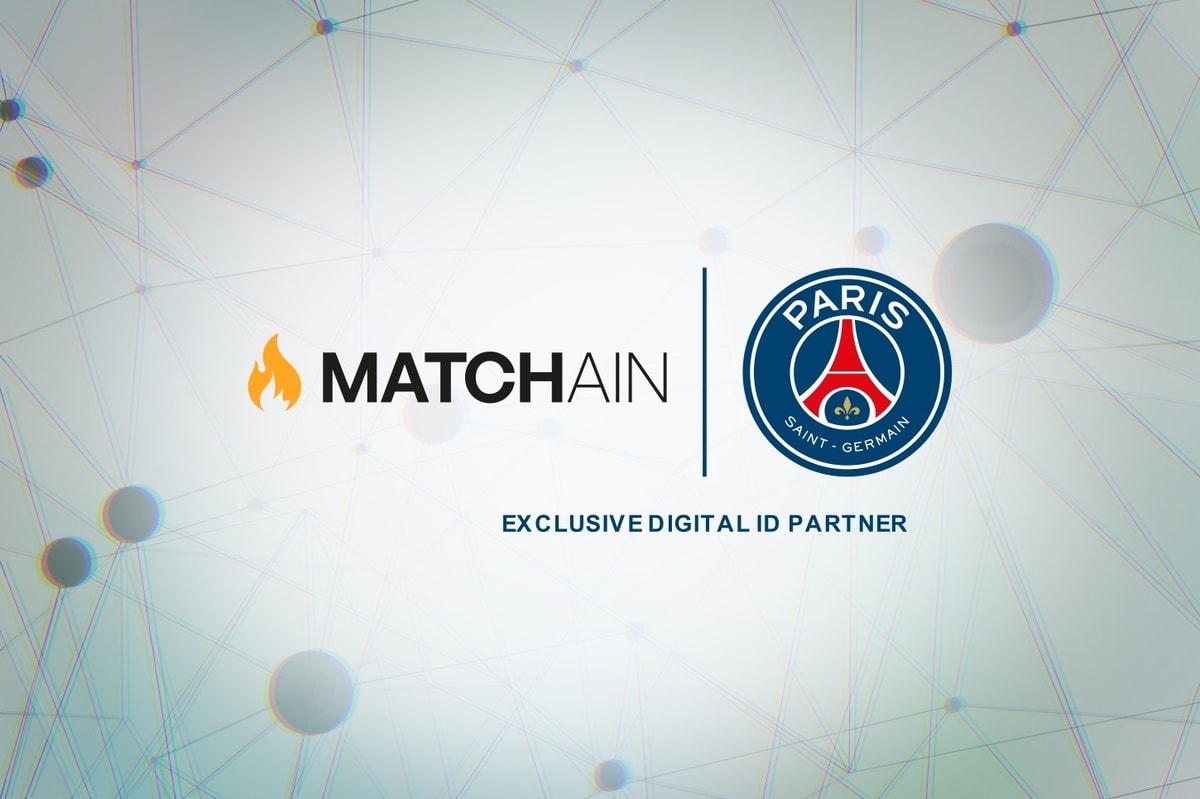Piggy’s innovative implementation of decentralized lending protocols may provide a new paradigm for collateralized capital efficiency.
Hong Kong, July 3, 2021 — The booming decentralized finance lending economy has attracted many DeFi and decentralized exchange platforms into the space and chosen to use centralized solutions to address the problem of fragmentation. This has led to a market with high collateralization rates, reduced asset liquidity and progressively higher lending difficulties. To address this institutional flaw, Piggy innovated to implement a decentralized lending protocol that allows users to pledge Binance Coin (BNB) tokens for interest-free loans. Unlike other DeFi lending programs, Piggy is liquidated through the use of a stable pool mechanism rather than auctions, which allows it to use capital more efficiently and provide loans with collateral ratios as low as 110%.

The creation of Piggy and its original intention of launching on the Binance Smart Chain
The Binance Smart Chain, which is the fastest-growing ecosystem in the crypto market, has a strong demand for borrowing businesses. However, according to the current trend of lending protocols on the BSC, it has two serious problems: the mechanism of lending programs on the BSC is basically similar, which leads to high-interest fees paid by users, and the mechanism of lending and borrowing protocols on the BSC gives hackers an opportunity to take advantage of it. Therefore, Piggy was created to meet the needs of the BSC ecosystem development.
Core benefits of Piggy
Piggy is a unique addition to the BSC, where it greatly benefits borrowers and those who want to use BNB with maximum efficiency and security. It has the following key advantages:
0% interest rate for lending stablecoins: Piggy only charges a one-time borrowing fee which is capped at 5%, and a redemption fee which is adjusted based on the last borrowing redemption time.
The lowest collateral rate in the network, as low as 110%: With Piggy, users can borrow up to 90.9% of the value of BNB.
Robust one-to-one ratio peg between the PUSD stablecoin and the U.S. dollar: The agreement ensures that the PUSD stablecoin is pegged to the U.S. dollar. Holders of PUSD can provide stability to the system. Stability providers will receive liquidation proceeds, and early adopters will be rewarded with Piggy tokens.
The business model of Piggy
PiggyBank account: PiggyBank tracks two balances — the user’s collateral BNB amount and debt amount in PUSD.
Borrow: Users can borrow PUSD from the Piggy platform by adding BNB as collateral to PiggyBank.
Redemptions: This is key to keep the price of PUSD anchored. When the market price of PUSD falls below $1, arbitrageurs can “redeem” or convert their PUSD to BNB at a par value of $1. All redemptions in Piggy are subject to a redemption fee.
Stable pool and liquidation:
Stable pool: The stable pool is the first line of defense to maintain the security of the system. Users holding PUSD can deposit into the stable pool. The stable pool provider will receive the liquidation proceeds and the early mining reward in the form of Piggy tokens.
Liquidation: When the collateralization rate of any PiggyBank falls below 110%, the market clearer will trigger the liquidation of the stable pool. PUSD will be returned to the liquidating PiggyBank and destroyed. The collateral BNB will be transferred to the stable pool as a liquidation reward. Stable pool providers receive their liquidation rewards through allocations in proportion to their share of the stable pool. In addition, liquidators in the market will receive 0.5% of the liquidated collateral amount and $20 worth of PUSD as a liquidation bonus.
Recovery model:
The recovery model is a system-level security mechanism that is triggered when the total collateral ratio of the system falls below 150%.
The recovery mode is designed to encourage collateral top-ups and debt repayments. It also acts as a self-defeating deterrent in its own right, where the possibility of it occurring actually steers the system away from it. However, the recovery mode is not the ideal state for the system.
Stake:
Staking is a reward for Piggy holders and liquidity providers. There is currently one staking pool.
The Piggy pool is for staking Piggy tokens to share lending and redemption fees. The staking pool is designed to incentivize Piggy holders.
Piggy’s new features:
Piggy launched two new liquidity provider pools on June 24. In order to stabilize the price of the token and provide additional liquidity, Piggy launched two additional liquidity provider pools: PUSD/BUSD and PIGGY/BNB. Users can stake and earn rewards in Piggy by going to Dodo and PancakeSwap to add the liquidity corresponding to the pair. After receiving the liquidity provider token, users can then visit the platform’s official website for liquidity mining.
Stay tuned for more information.
Media contact
Company name: Piggy
Contact: Carl
Email: [email protected]
Website: https://www.piggy.fi/
Twitter: https://twitter.com/Piggy_Fi
Telegram: https://t.me/piggyfinanceofficial











